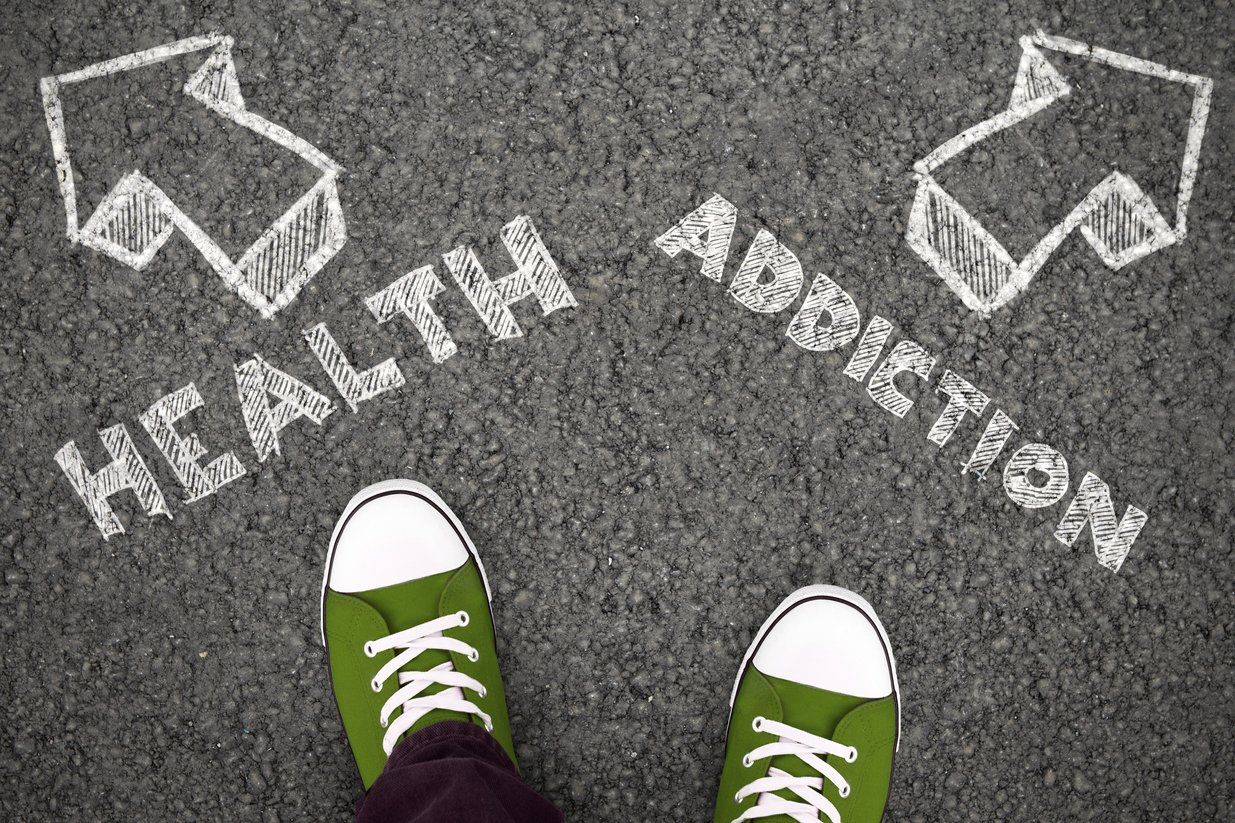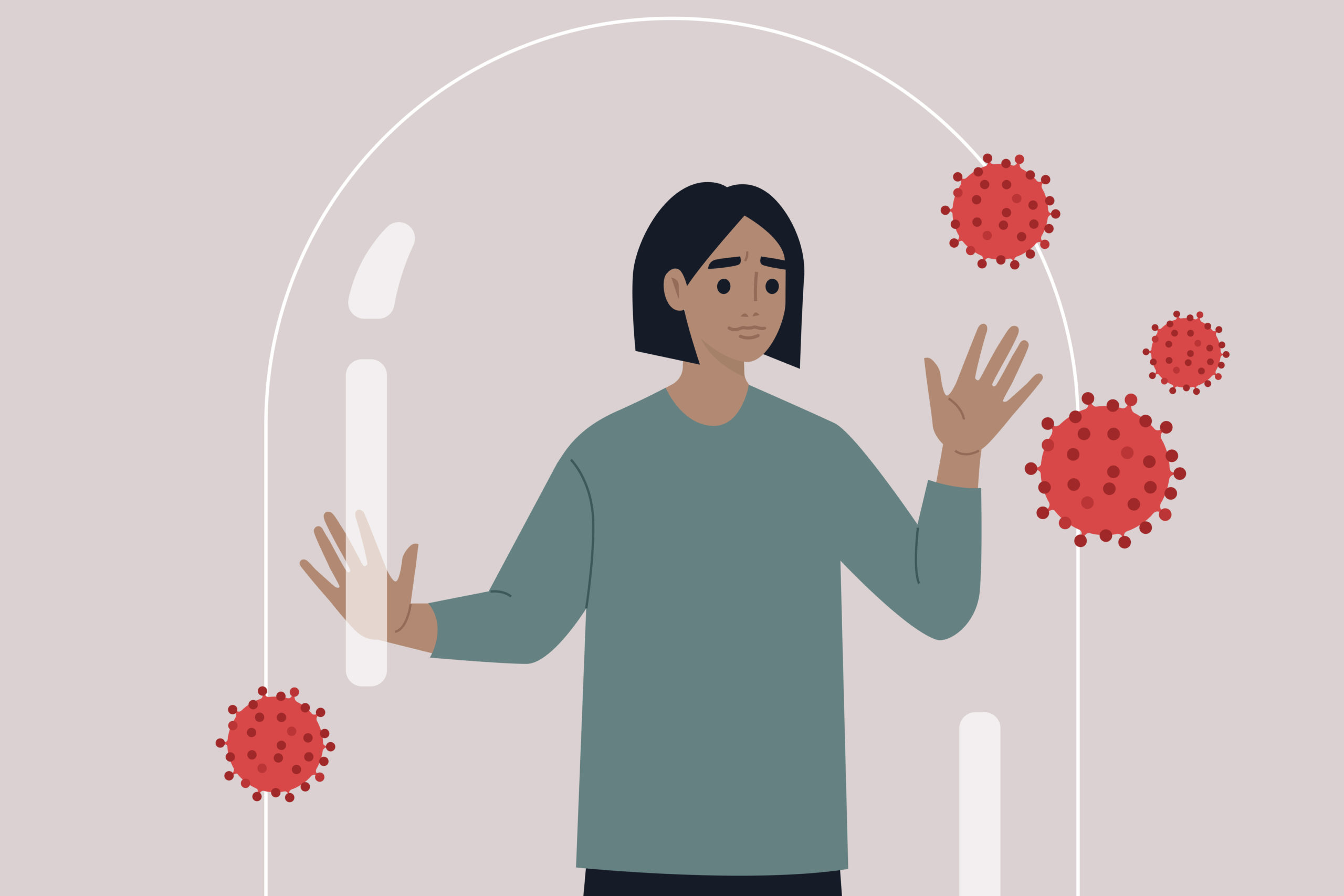‘I quit dairy’, ‘I quit alcohol’, ‘I quit sugar’, ‘ I am giving up carbs’: the list goes on as almost everyday I hear of someone quitting something. In 2019, especially, one of the most popular was following ‘Game Changers’ with people quitting diary/meat/fish and all kinds of foods at once.
People get excited when they have decided to quit a type of food to improve their health and fitness. It is a big decision, often involving a lot of changes and investment emotionally, physically and sometimes financially. They often wear the change with a badge of honour – “giving up drink has changed my life” or “I feel so much better now I do not eat meat.”
Making positive changes to what you eat and drink is a great way to improve how you feel. But this increasing focus on extreme obsessive behaviour that the media is fuelling is the wrong way to go about it. Quitting one specific set of foods or drinks alone will not make you healthier.
Look at the Big Picture
Being the healthiest version of you is all about having the right balance of nutrients and a balanced set of habits. Completely stopping your consumption of red meat and then filling your diet with crisps and pizzas, or going from not eating for 16 hours and then binge eating for 6 hours, or consuming liver damaging amounts of alcohol at the weekend and then not drinking all week or all January, all can have a really damaging effect on your health.
All or Nothing
This new culture of all or nothing is not healthy, physically or mentally. Instead of building a sustainable set of healthy habits it encourages extreme controlling behaviour and can restrict the vitamins and minerals you consume. Overtime extreme restrictions like the Keto diet, restricting or over eating carbs, sugars, can lead to cravings and can can be harmful.
A Lancet study showed that low carbohydrate diets, which restrict carbohydrate in favour of increased protein or fat intake, or both, are a popular weight-loss strategy. However, the long-term effect of carbohydrate restriction on mortality is controversial. People who got less than 40% or more than 70% of their daily calories from carbohydrates were more likely to die than those who are a percentage in between those numbers.
Translation: Your diet need’s balance, not tipping the scales one way or another.
Studies have shown there are a lot of drawbacks of restrictive diets:
- It’s difficult to stick to – being extreme often leads to inconsistency and failure to keep to.
- Sometimes it can cause anti-social behaviour – many people start to avoid social situations, parties, restaurants and meals where they may be tempted or not able to choose foods that fit in with their diet.
- It can encourage eating disorders and body dysmorphia
- It triggers overeating. By limiting certain foods you can start to become more aware of food. Studies have shown that groups that deprive themselves are more likely to then overeat or binge.
- You cut out nutrients – your body needs a lot of different nutrients to perform well and you need carbs to fuel workouts, good fats and vitamins. So if you stop consuming something make sure you make up the nutrients in other ways.
All the recent study give the same old fashioned advice, eat in moderation. Stop making fats or carbs the bad guys. Lead researcher Sara Seidelmann, says results suggest a diet “rich in plant based whole foods such as vegetables, whole grains, legumes, and nuts is associated with healthy ageing.”
A well balanced varied diet is the best way to go in 2020, but I guess deep down we all know this anyway.





